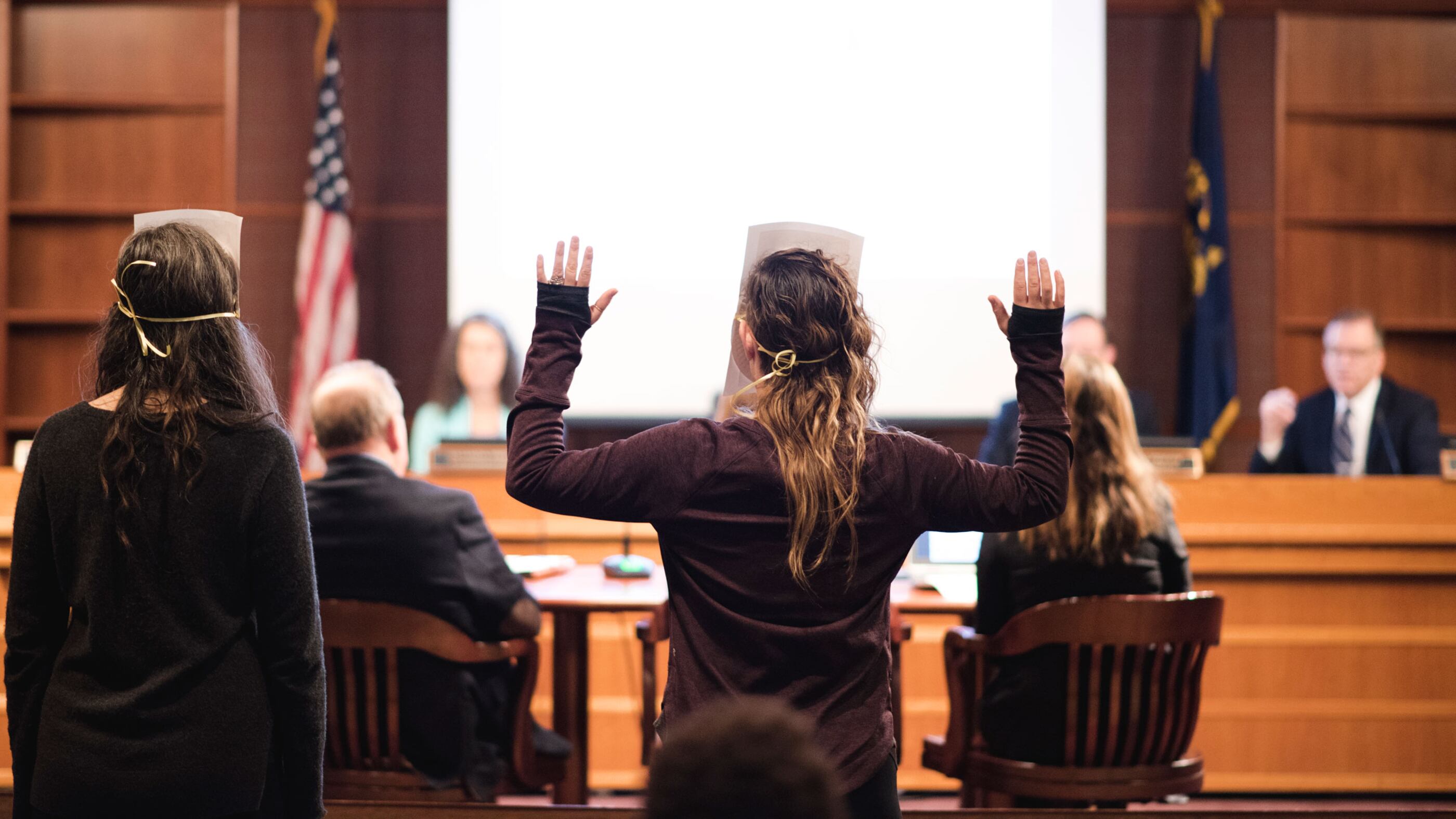The 48-hour rule may technically be dead, but it is still haunting the Portland Police Bureau's post-shooting policies.
Today, Mayor Ted Wheeler delayed a vote on a new policy that would allow the city to quickly interview a police officer who shoots and kills someone.
But that proposed policy might not do what police-reform advocates hope.
Related: With a new chief chosen, Portland keeps grappling over the same old police reforms.
The new policy in the works will not require the city to compel a statement from an officer who shoots and kills someone, Wheeler's office said today. It would allow the city to make that officer talk, but would also give the police chief and the mayor the discretion to delay any interview they think could stymie a criminal investigation.
"Today's proposal gives the Police Commissioner, in consultation with the Chief of Police and City Attorney, the discretion to delay an interview until a criminal process is completed if they believe there's a real risk of jeopardizing the criminal investigation," said Sonia Schmanski, chief of staff for Commissioner Nick Fish. "We believe the risk of that is very low but want to allow for the possibility."
Fish has been working closely with the mayor to rework the new post-shooting policy to incorporate changes that would allow it to go into effect as soon as it is approved.
Michael Cox, a spokesman for the mayor's office, confirmed that the new policy would give the police chief and the mayor the freedom to decide to delay interviewing an officer after a shooting.
This is the latest wrinkle in a long and convoluted effort to reform Portland's practices around shootings by officers.
Many hailed it as a major success when former Mayor Charlie Hales negotiated a new contract with the Portland Police Association that nixed the longtime rule that gave cops who shot and killed people two full days to consult with lawyers and union representatives before making a statement to internal investigators.
The policy rose from the grave this spring when Multnomah County District Attorney's Office wrote a memo arguing that it could not prosecute an officer who had been forced to make a statement because he would have transactional immunity. Wheeler issued a statement saying that although he still opposed the "48-hour rule," the city had no choice but to put off collecting an officer's statement until the criminal investigation wrapped up.
Intense backlash from criminal justice reform advocates spurred Wheeler to propose a code change that would allow the city to compel statements immediately by creating a dual track process to keep the administrative and criminal investigations separated. But he wanted to wait for a court to decide whether or not the policy would put criminal investigations at risk.
After more pushback, the mayor agreed to reinstate the practice of compelling testimony immediately. City council approved the return to the city's previous policy on Wednesday afternoon, which allows investigators to interview an officer within hours of a shooting. The new proposal that had been presented to council last week will be getting more tweaks over the next two weeks before council votes to formally adopt new language.

